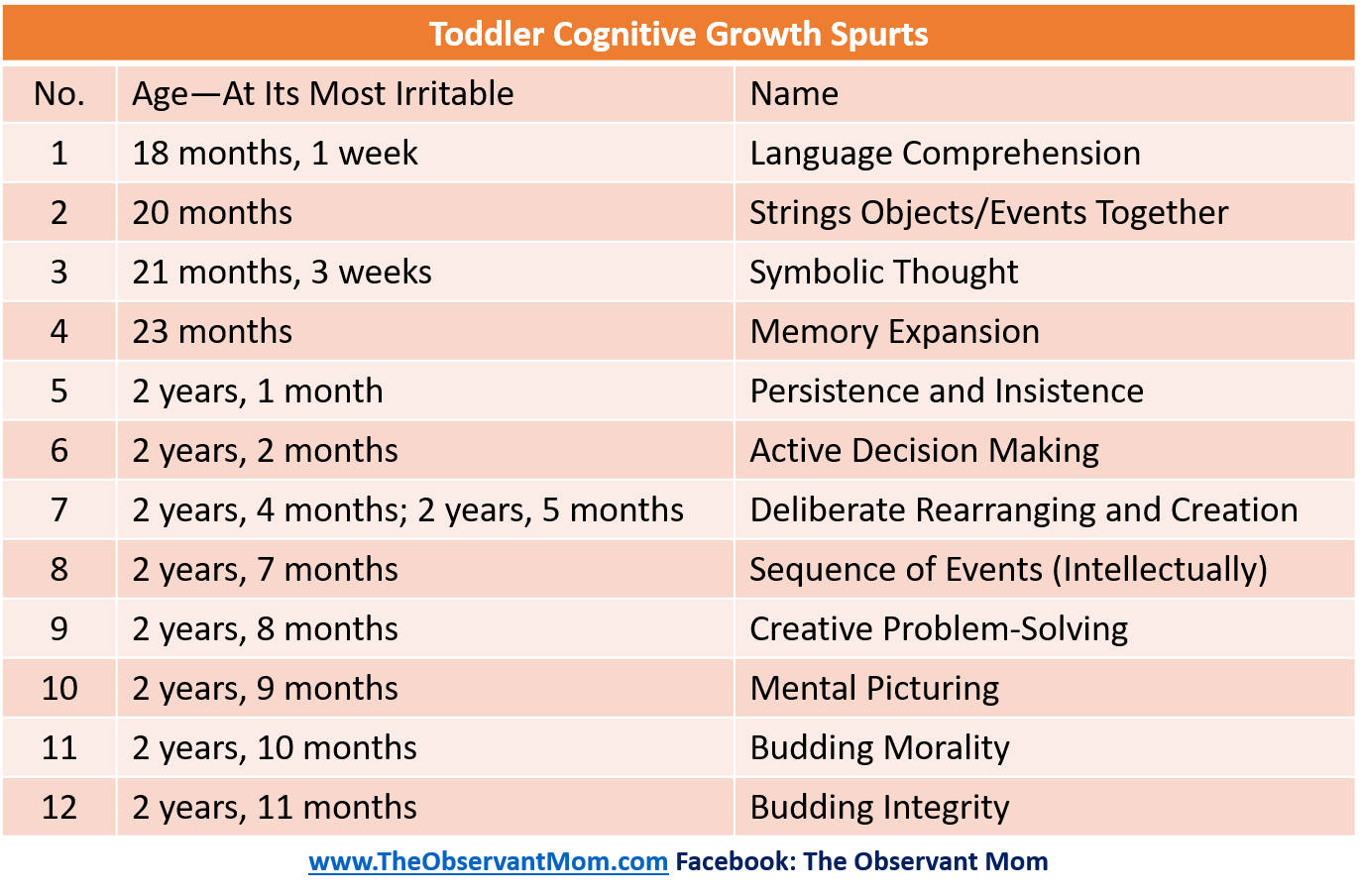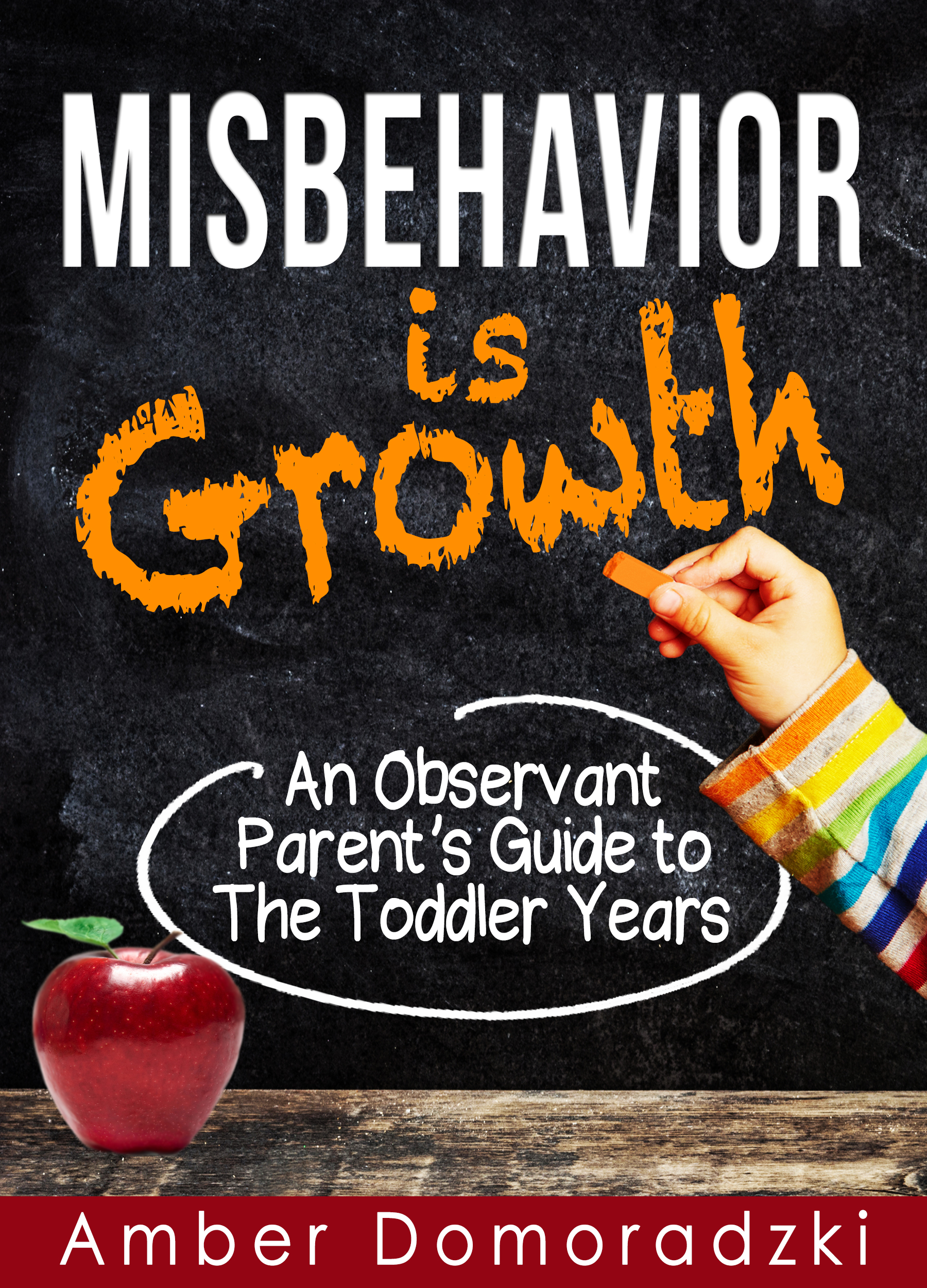So many see science as only the scientific method. There’s a hypothesis, tests, and then conclusions. Good science in most people’s eyes is marked by large sample sizes and repeatability.
Here is the thing about science: it changes and evolves over time and the APPROACH changes. The approach in fact dictates what will be studied and how. You have to understand that the approach is different based on what you are studying and can affect thinking and conclusions greatly.
The idea of testing what you are studying (the scientific method) certainly was a great scientific advancement in the area of physics. Before the Enlightenment, Aristotle dominated scientific thought. And certainly Aristotle brought a lot to humankind. Whereas Socrates (through Plato) said truth is in the heavens; Aristotle said we could study earth. He was the first biologist and an outstanding one. He documented in detail many animals.
However, Aristotle did not adopt a view that to know truth about causal relationships, you have to test them. For instance, his view on falling objects is they go in a straight line then fall to the earth. He had a complicated system of spheres to explain the movement of the earth and sun, which was dogmatically considered truth for centuries. These were taken as truth without study.
In the Enlightenment, it was to humankind’s great advancement that thinkers started to test things. When Galileo rolled balls down a ramp over and over again, studying them intently, he came up with new and valuable insights about motion. Certainly this approach changed the entire world for the better.
I contend however that this has been applied incorrectly to studying human nature. Most approach the study of humans as if they are balls rolling down the ramp, expecting the same predictability.
The study of humans usually comes down to how they were handled and what the outcome was. For instance, a decades long study about spanking shows it has harmful effects. Certainly I applaud this study. I bring it up but to show the approach: you do X with humans and the result is Y. If we dump humans down the ramp, what happens? This dominates most thinking about studying humans. Scientists ask: is a behavior nature or nurture? And study after study scrambles to find out, trying to get large enough sample sizes.
I propose that human nature cannot be studied until a solid baseline of the typical maturation of a human is developed. In the same way that Aristotle brought enormous detail to understanding animals, we must have a chart of human development from birth on.
This is something I’ve been doing. On this website, you see a “Child Development” tab. It has what I’ve been documenting as childhood developmental milestones. Per the theory that children fall apart at certain times, I’ve been documenting times when children go through such a “stage” where they become difficult to deal with–often becoming whiny, needy, or aggressive. I mark each such stage as a “milestone.” I then document what seems to be the new emerging abilities. I do the work primarily with my own 3 children, taking in feedback of other parents as I receive it.

Here is one way that a solid baseline would affect studies. There was a study done in which children who only got 11 hours of sleep at night showed greater tendencies towards misbehavior whereas children who got 12 or 13 were well behaved. The conclusion? That parents need to make sure their child get sleep otherwise the child misbehaves. It is the ball going down the ramp: what we do to the child (X) will affect their outcome (Y).
My work shows a different picture: children who go through developmental stages don’t get good sleep and at the same time they tend towards “misbehavior” such as aggressiveness. Nothing you can do will change it. It’s not that the parents are doing anything wrong. If you understood the milestones, you would see those children not getting sleep may have been in a developmental stage. Yes, even just one month, sometimes even one week, makes a difference.
The other major thing that affects studies with humans is a lack of understanding of trauma and its effects.
Here is the thing I have found in my work: it is imperative to do it with children who live in non-punitive homes. And it’s actually more than that. The children have to live in homes where they are fully *accepted* and few demands are placed on the child. The child, as Montessori says, to be studied, must be left free, just as we study live butterflies not dead noes that are mounted.
This has been difficult for me in doing this work. I cannot take everyone’s feedback because of it. If a parent says “my child isn’t listening” or “won’t do what I ask” or “I’ve tried everything, timeouts–everything!–and they are still defiant,” I can’t take their feedback. They have an expectation on the child that seems to be, per the defiance of the child, developmentally inappropriate. The difficult behavior is not necessarily an age-related stage. It is known that punitive measures create rebellion in children. It is imperative that to set a solid baseline of human maturation that children who were deeply respected and loved be the ones who are studied.
I see this issue of unrecognized trauma plague other studies as well. For instance, I read a study about how people tend to retaliate against people who they saw as not being fair. One of the things that trauma affects is the fight or flight response. It may be the trauma inflicted part of the brain that is retaliating over the sense of being treated “unfairly”–an off balance fight or flight response is at work. I can tell you through better emotional health, my instinct to retaliate has greatly diminished. And here’s the thing: almost everyone has deep, painful memories of being treated “unfairly” in childhood. Nearly ALL studies about adults have trauma at play. That’s the difficulty in getting a solid, healthy baseline: it has to be done with children who were deeply, deeply loved. And statements like “You’re a big boy, get over it,” or “Life’s not fair, get used to it” or “How selfish and spoiled you are” are ubiquitous and a form of trauma.
So I propose that instead of trying to study countless little humans to try to determine child development, we must start with a well detailed one with a few children who had this kind of deep love. I loosely think of this as the “Ideal Child Project.” Certainly from there more and more little humans can be studied. But until you can study large batches of children, you need somewhere to start. That’s what my work provides.
I will be shopping for a person or organization with more resources than I to do further work on this. My vision is that in the same way the human genome gets mapped, all childhood developmental stages get mapped. If you are one or know one, please send them this work!
See my book on toddlers, Misbehavior is Growth. My one on preschoolers is in the making.
